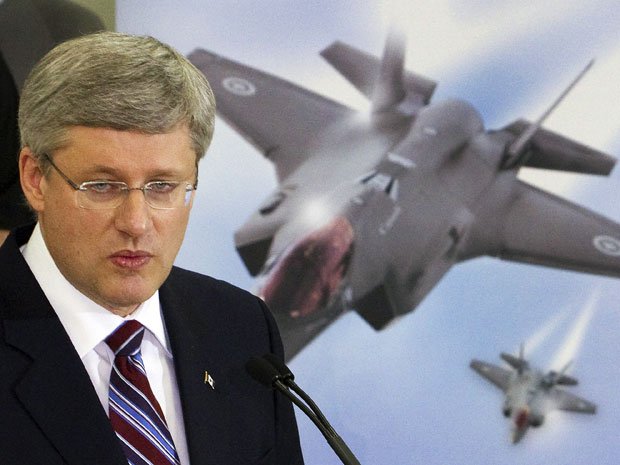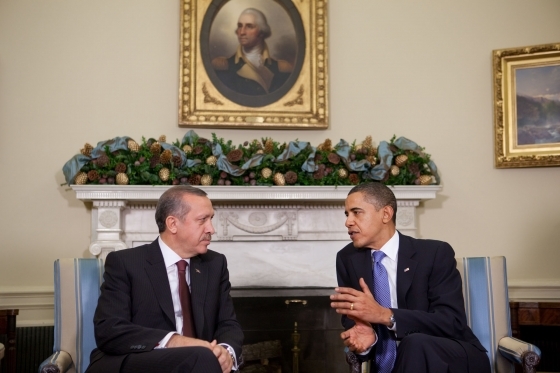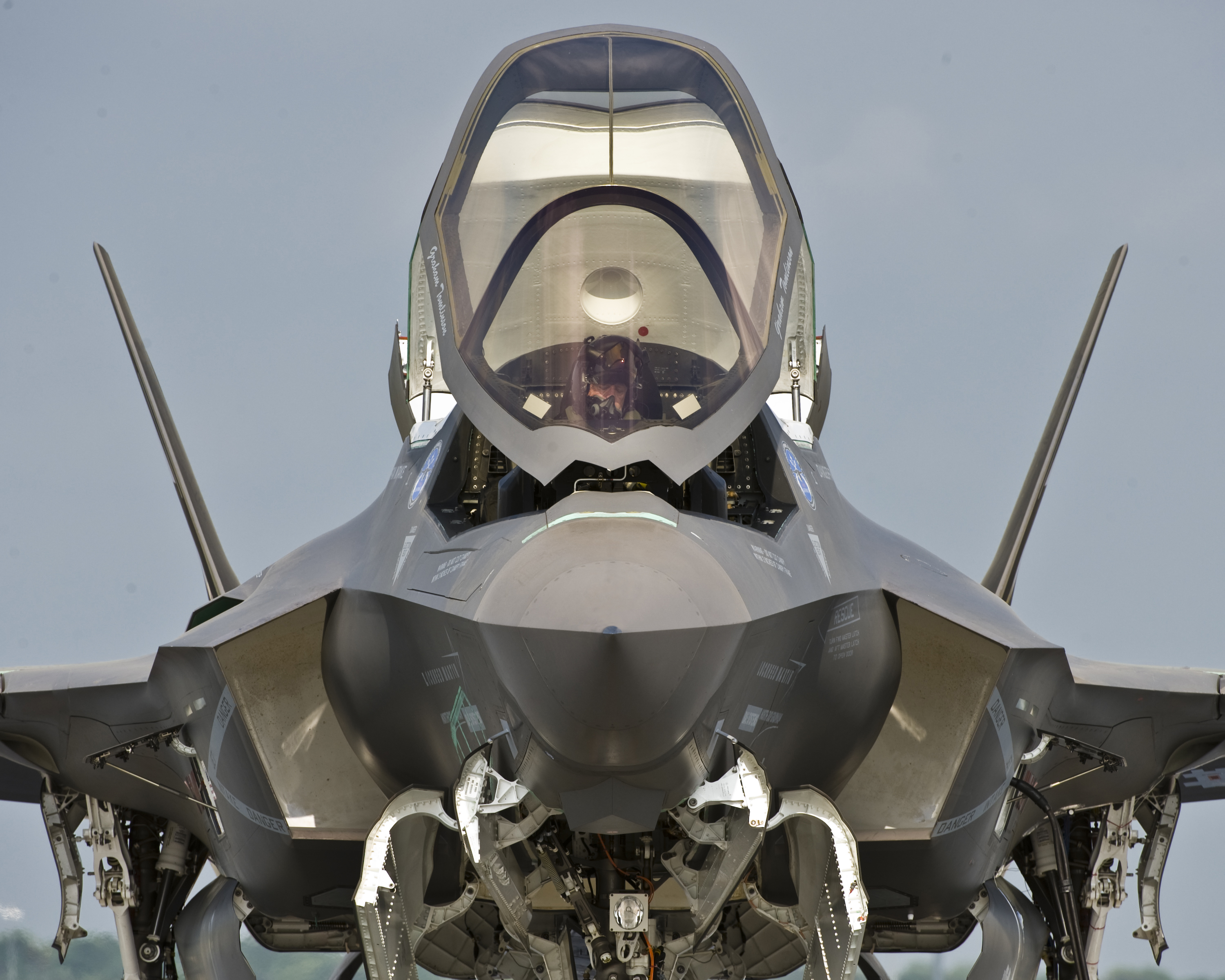Recently, the media has given prominent coverage to the Canadian Forces (CF) and Canadian defense policy. Indeed, public attention has fixed on the ongoing F-35 saga and now the maritime helicopter procurement. Moreover, opposition parties have attacked the Conservative government’s 2008 Canada First Defense Strategy (CFDS) for being fiscally unrealistic.
Unfortunately, the debate in both public and government circles focuses narrowly on efficiency and the financial merits of procurement programs. What is glaringly absent is a debate over Canada’s true grand strategic needs. As Steve Saideman emphasized, “Before we ask, ‘Do we need subs and F-35s?,’ we need to understand what they might be for.” In fact, owing to the capabilities and costs of the F-35, buying it would mark a choice to favour multilateral expeditionary missions over defense of Arctic sovereignty. Thus, to make intelligent decisions regarding the F-35 and similar CF procurement programs, Canada needs to connect its defense policy to its national grand strategy.
But what exactly is grand strategy? Historian John Lewis Gaddis provides the consensus definition, that grand strategy is a matter of correlating national means and ends, goals and capabilities. Indeed, grand strategy involves a consideration of threats and opportunities, existing international commitments, and the capabilities necessary to pursue national goals. Above all, as Colonel Anthony Caravaggio explains, grand strategy “is nothing more than a state’s long-term plan to survive and thrive in what can be a chaotic and unpredictable world.” According to US scholar Daniel Drezner, grand strategy is particularly valuable in times of international uncertainty because it clarifies a state’s goals to domestic and foreign audiences. Moreover, as former diplomat Daryl Copeland argued, it provides a useful “beacon” that helps decision-makers navigate a turbulent international situation.
Some scholars have argued that Canada cannot have a grand strategy because it is not a great power. For instance, strategic scholar Williamson Murray bluntly stated that “Grand strategy is a matter involving great states alone.” Senior defense scholar Jack Granatstein echoes this, claiming that Canada lacks the resources to sustain a true grand strategy and historically has merely served first British and then American grand strategies.
There is some truth in this discussion. Because of the centrality of the Canada-US relationship to Canadian foreign policy, Canada’s strategic outlook must take American grand strategy into account. Moreover, it must avoid jeopardizing its fundamental connection to the US, though this certainly does not preclude disagreement on many issues.
Still, Canada clearly has at least some options to achieve its long-term interests. Though Canada is not a great power, it is inaccurate to speak of Canada as a “small power” like Granatstein does. Unlike small powers, Canada belongs to exclusive major power groups like the G8 and has played a leading role in international missions like Libya and Afghanistan.
As a result, Canada must take stock of its core long-term interests in light of a changing international system and determine a plan to secure them. More importantly, as former defense minister David Pratt argues, Canada must work with its allies, especially the US, to formulate a shared grand strategy that each ally can contribute to in a unique way.
Grand strategy is not self-evident and does not appear out of thin air. Its creation requires a government commitment of attention and intellectual resources, resources that so far the Harper government has neglected to provide. As Granatstein pointed out in an article revealingly titled “Canada needs a defense policy,” the CFDS itself was “not a strategy so much as a list of promised equipment purchases.” In November 2012, the leak of a confidential Foreign Affairs policy document revealed an overriding imperative to strengthen economic ties with emerging Asian economies. However, as Copeland emphasized, the document’s narrow economic vision excluded an analysis of Canada’s broader strategic goals or new global vulnerabilities. Moreover, it neglected the security dimension, the potential threat that a rising China with a powerful navy poses to regional stability and Canadian interests, though scholars identified this threat as early as 2000.
Clearly, the Canadian government needs to do a better job of articulating a national grand strategy that will guide its defense and foreign policies. Future articles in this series will look at specific topical and regional dimensions of Canadian strategy and suggest new directions.




